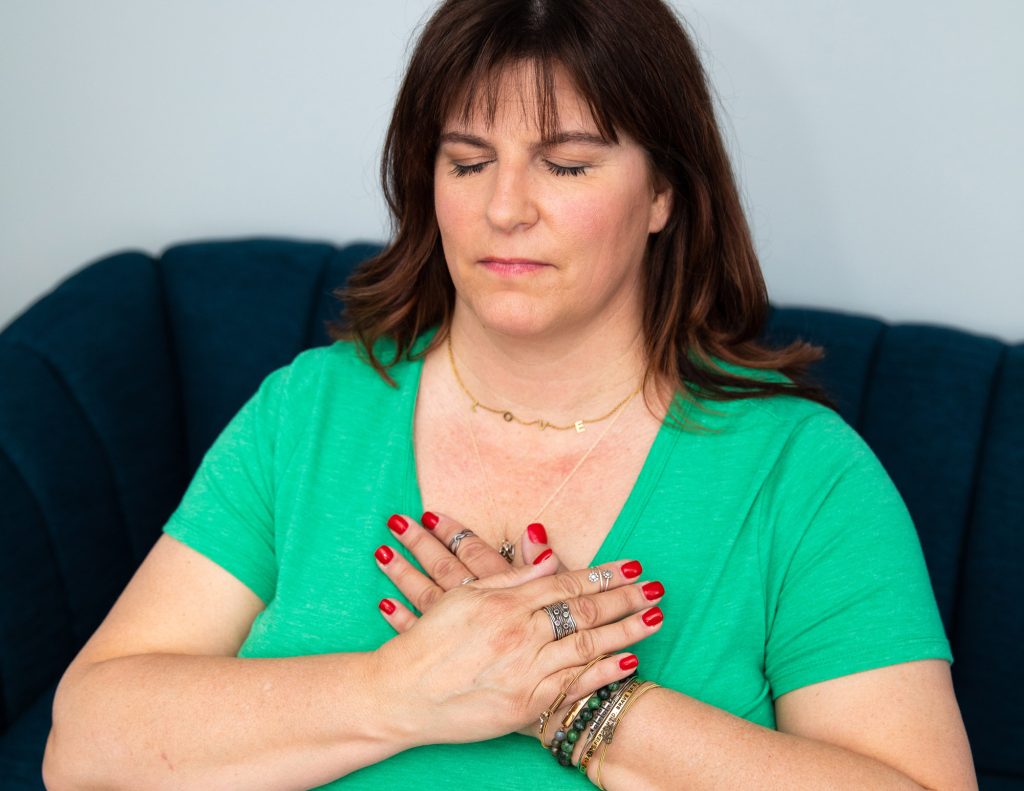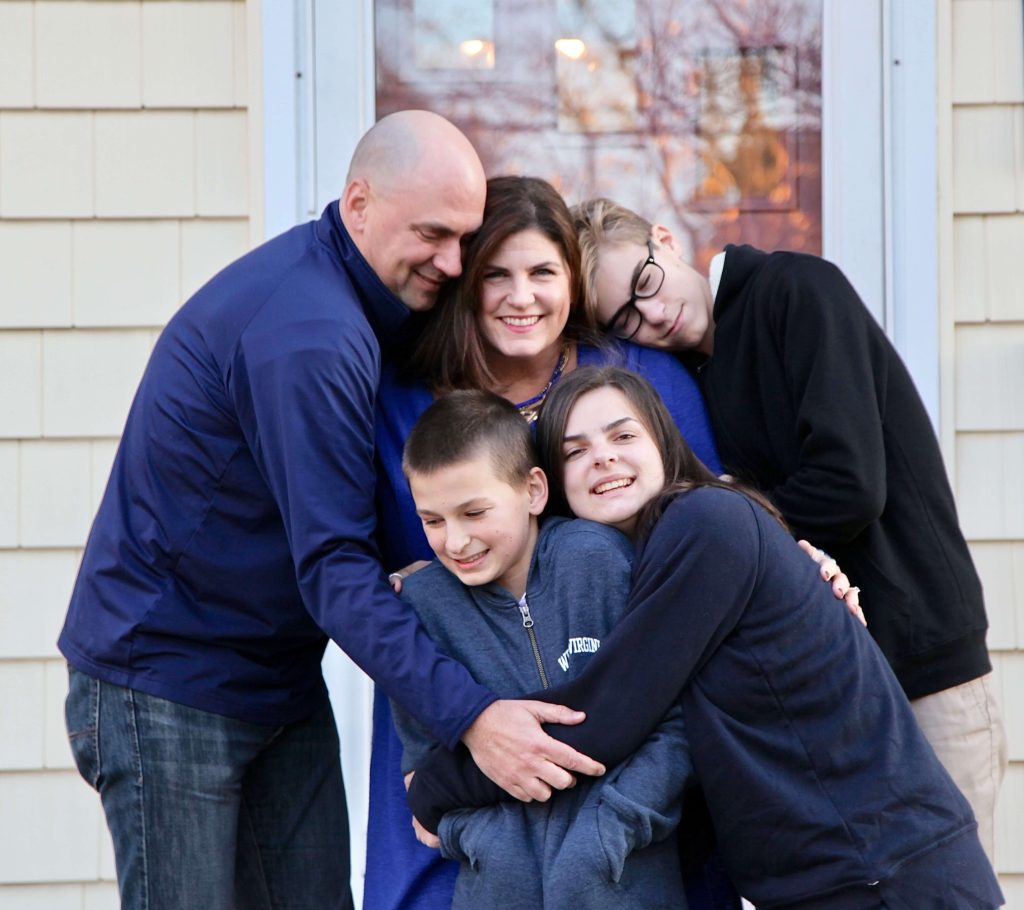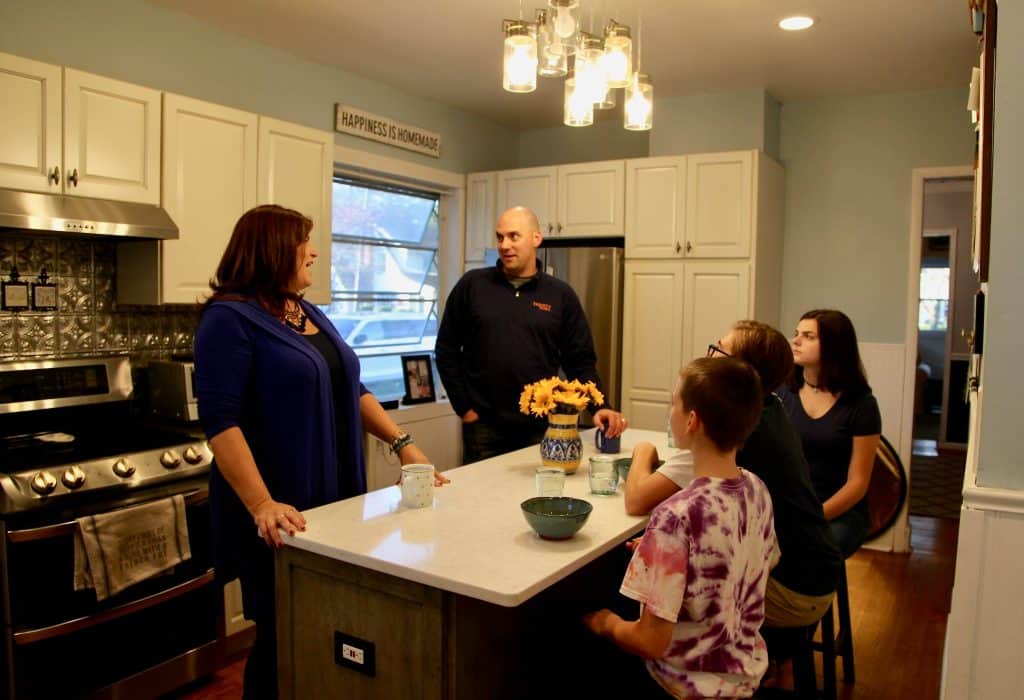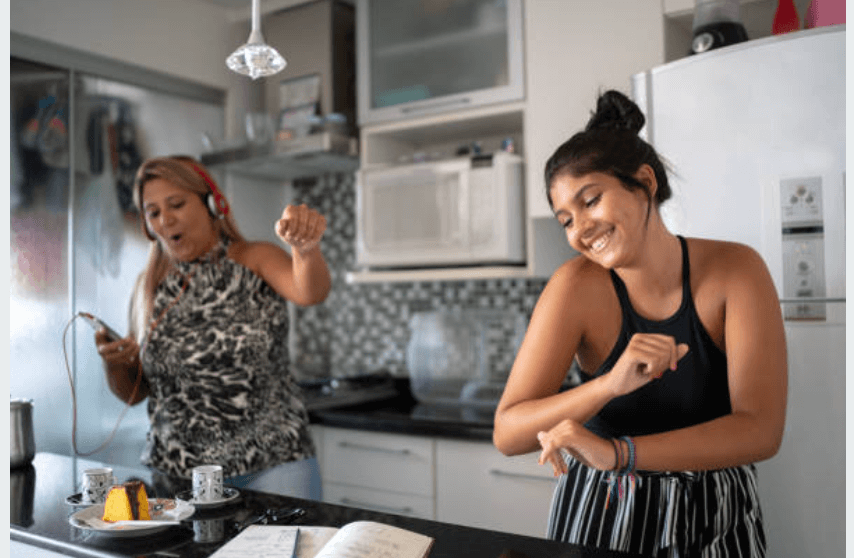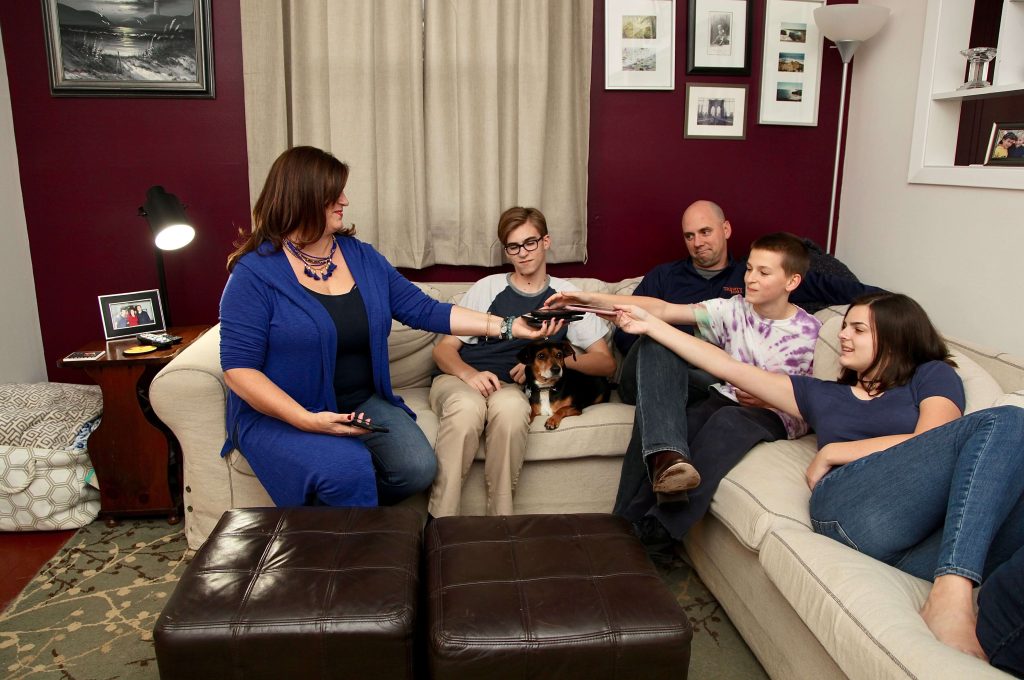Remember in elementary school math where your whole assignment was to notice patterns. I’m sure it was early geometry or even algebra concepts being presented, but at the time, it simply felt like observation. What do you notice these things have in common? How are they showing up?
My job is a little bit like elementary school math. I spend most of my day looking for patterns. It isn’t that people don’t notice stuff themselves. On the contrary, by the time they come to see me, they know something is off, but they often can’t see outside of their own experience to pinpoint exactly what.
So, I listen to what they may deem everyday problems, and I look for patterns. Then, together we connect the dots from the patterns in current behavior to some sort of past event. Often, clients don’t think of themselves as someone with trauma. We have a very heavy definition of trauma in the broader sense that most people don’t feel like it fits into their story. But the fact is, we’ve all been through something traumatic, even if just to us, at least one time in our lives. That experience or experiences often shape who we are as adults. So, I help to connect those dots and then, together we work on how to heal, stop the patterns, interrupt the processes in place and change behavior for the sake of person’s wellness.
Sounds straightforward, right? It can be. But often it’s just nuanced enough that it takes a second set of eyes and ears to spot the very stuff that needs to change. And, there’s a kicker.
Often when a person thinks they have it all figured out, and they’ve put behind them whatever it was that drove them to see me to begin with, they enter a new phase of their life and have to learn how to manage what comes up then.
This is particularly true if you are a parent. For some reason, parenting brings up all sorts of stuff you may not have even remembered in your life but is in fact there, shaping the way you behave in relationships as an adult.
Personally, I can relate to the feelings of frustration that come for my clients when they think they’ve put old stuff to bed only to have it rear its head again when there is growth and change in their life. For me, becoming a mother rocked me because it tore me open to emotions that I thought I’d laid to rest years before I found myself holding a newborn. It didn’t go away so easily either. At every milestone that my kids reach, I have to adjust to a new phase of my own life with the same old baggage I thought I laid down already.
The duration is shorter, the emotions less intense, but the patterns are the same nearly every time. There is nothing like parenthood to hold a giant mirror to your face. There is nothing like parenting teenagers to force your face DIRECTLY into the mirror that now somehow sees through to your soul.
The whole process can feel lonely sometimes. I seek out community with colleagues and friends who understand even a little of what I am going through. That group support helps on many levels. It normalizes my experience, which eases the burden of guilt or shame and it allows me to hear from others, which tempers the loneliness.
My clients report that they feel better just knowing they’re not alone in experiencing these things and not out of the ordinary for feeling off-kilter even if appearances would suggest everything in their lives is just fine. There is power in community. There is peace in being heard. Parenting, heck, adulthood, can make a person feel powerless and unheard pretty often. Individual and group therapy can help to ease both.

